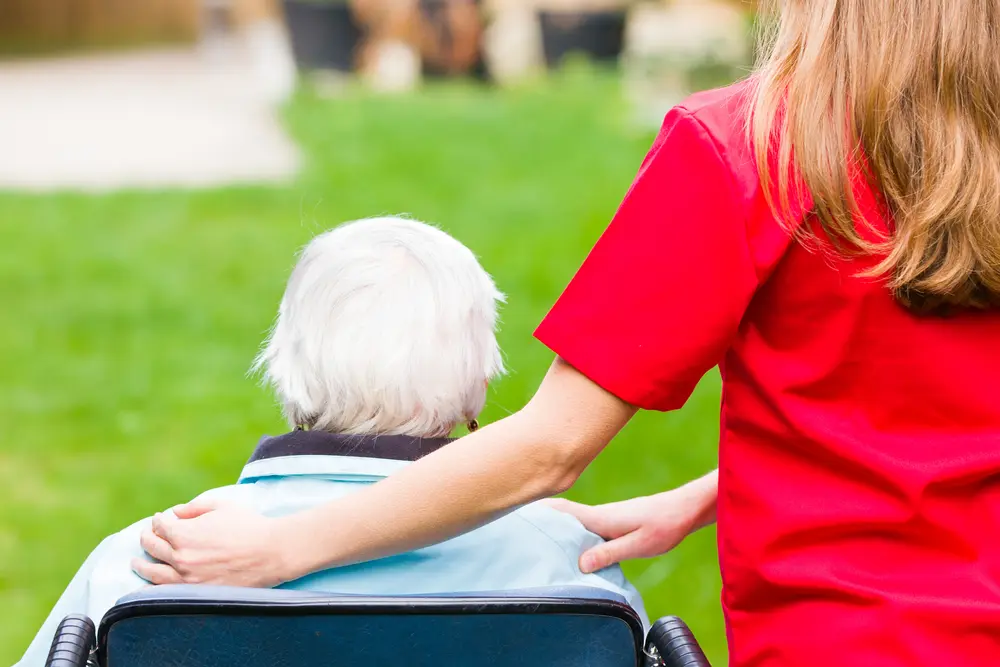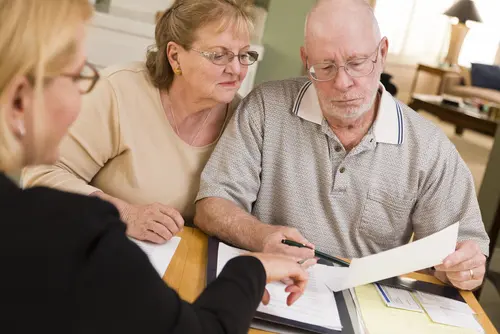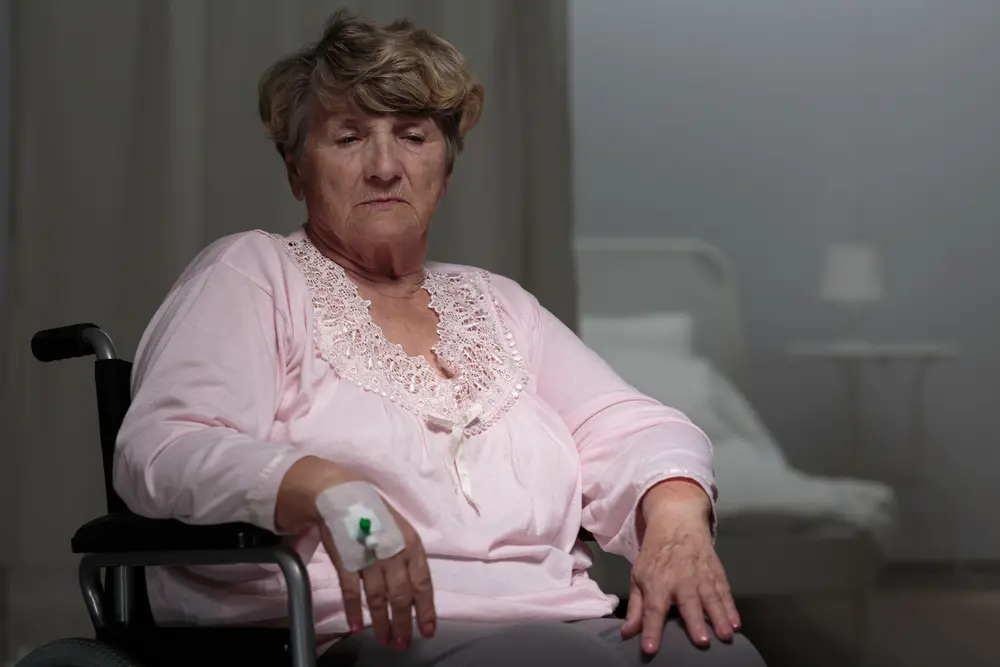Health secretary Jeremy Hunt has urged people to provide care for their elderly relatives and friends where needed. But is his argument taking in the full issue?
In a recent speech, the health secretary Jeremy Hunt urged people to keep in closer touch with older relatives, friends and neighbours, providing care where needed. But is his argument taking in the full issue?
Instead of drawing on “finite NHS resources”, Hunt encourages people to take better care of their own health, as well as provide care for elderly relatives and friends, saying: “There is a role for patients here too. There is no such thing as a free health service: everything we are proud of in the NHS is funded by taxpayers and every penny we waste costs patients more through higher taxes.”
He suggests that taking care of the elderly should be part of our everyday lives, and we should become as accustomed to talking about elderly care as childcare: “If we are to rise to the challenges we face, taking care of older relatives and friends will need to become part of all of our lives. Family planning must be as much about care for older generations as planning for younger ones.”
In his speech, Hunt calls for a new “national conversation” about how the elderly are looked after in Britain, compared to other European countries. Hunt also suggests that the responsibility for older people spans beyond friends and relatives, and that people should consider inviting elderly strangers to live in their home, in order to prevent older people dying a “lonely death”, where no one is aware of their passing.
The Guardian has responded to Mr Hunt’s speech, commenting that his presentation of the problem may be taking too much of the responsibility of care away from the Government and local councils. Archie Bland writes that society is not less caring, but “the real explanation is simpler… there are more lonely older people now because there are more older people, a trend that is gathering pace. More problematically still, 25% of older people will be childless by 2030; as the IPPR argues, the real problem is [that] the number of older people who need care [will] outstrip the number of adult children able to provide it.”
Fiona Lowry, CEO of the Good Care Group, also commented on Mr Hunt’s ideas: “We know that people care deeply about their friends and relatives, but clearly it is often not practical or feasible to provide the 24/7 care that elderly people and those with dementia or other conditions require. In order to ensure the highest quality of care, it needs to be delivered by expertly trained carers, with real understanding of medical conditions. Our carers provide round-the-clock support, allowing people to stay at home with their family, while removing the burden of full time care from relatives.”



